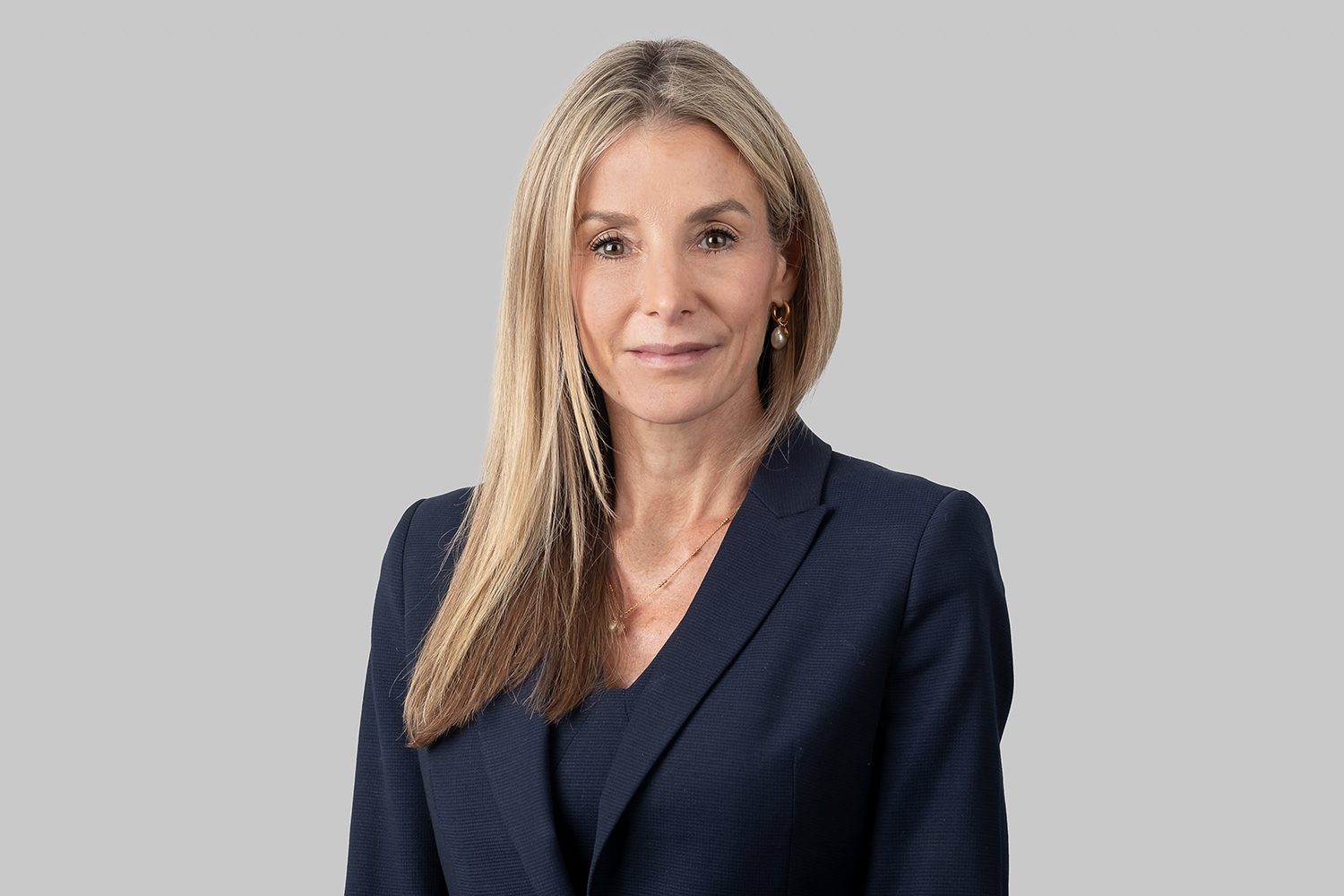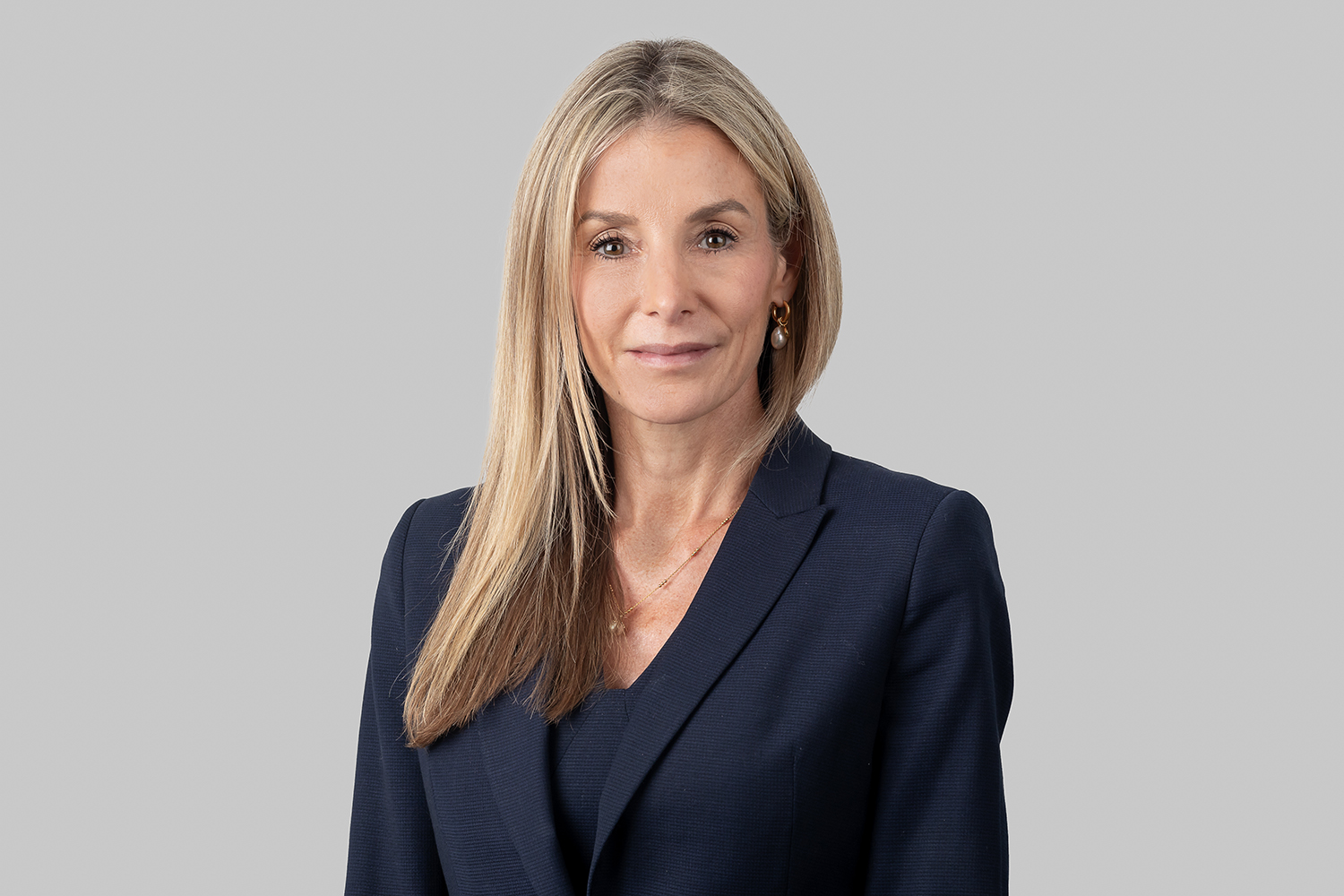
Rachel Cropper-Mawer
Head of Legal Regulatory | Legal
Jersey

Rachel Cropper-Mawer
Head of Legal Regulatory
Jersey
Services
We have the expertise to handle the most demanding transactions. Our commercial understanding and experience of working with leading financial institutions, professional advisers and regulatory bodies means we add real value to clients’ businesses.
Sectors
Our sector approach relies on smart collaboration between teams who have a deep understanding of related businesses and industry dynamics. The specific combination of our highly informed experts helps our clients to see around corners.
We have the expertise to handle the most demanding transactions. Our commercial understanding and experience of working with leading financial institutions, professional advisers and regulatory bodies means we add real value to clients’ businesses.
Legal
Corporate and Fiduciary
Consulting
Banking and Finance
Corporate
Dispute Resolution
Employment law
Intellectual Property
Investment Funds
Listing Services
Local Legal Services
Ogier Regulatory Consulting
Our sector approach relies on smart collaboration between teams who have a deep understanding of related businesses and industry dynamics. The specific combination of our highly informed experts helps our clients to see around corners.
Ogier provides practical advice on BVI, Cayman Islands, Guernsey, Irish, Jersey and Luxembourg law through our global network of offices across the Asian, Caribbean and European timezones. Ogier is the only firm to advise on this unique combination of laws.
Keep up to date with industry insights, analysis and reviews. Find out about the work of our expert teams and subscribe to receive our newsletters straight to your inbox.
Fresh thinking, sharper opinion.
We get straight to the point, managing complexity to get to the essentials. Our global network of offices covers every time zone.
About us
Corporate social responsibility (CSR)
Diversity, equity and inclusion
Information security
Innovation
Sustainability
Insight
07 October 2024
Jersey
2 min read
ON THIS PAGE
The European Union's new Corporate Sustainability Due Diligence Directive was greeted with excitement at the latest International Bar Association Conference in Mexico City, and great expectation that it will drive change around the globe.
The European Union (EU) is leading the way on the global stage with progressive legislative changes regarding the liability of companies for upstream and downstream supply, and related value chain, due diligence and failures in respect of human rights and sustainability with this directive, which supplements the Sustainability Finance Disclosure Regulation.
Rachel Cropper-Mawer, Ogier's new global head of Regulatory, was part of a panel discussion exploring this new directive: "Liability for network and human rights due diligence: what are the limits?" In this briefing, she discusses how this new legislation will work in practice.
The directive creates a corporate duty to identify and address potential and actual adverse human rights and environmental impacts in corporate operations, subsidiaries and value chains.
It is important first to mention that companies can choose to adopt this approach whether or not they are in scope. Increasingly companies are seeking advice as to how they can start or progress their journeys to being an ethical and sustainable business – this directive is a good starting point.
In scope companies are, broadly, companies in the EU or with operations in the EU which have 1,000 or more employees, and more than £450 million turnover globally. These entities will need to ensure compliance with the new regulation from 2027 and 2028 respectively.
Any business being part of an EU-connected value chain will be indirectly in scope. Firms doing business with EU companies might come to face a choice: either stop doing business with those companies or make sure to adapt their own work practices and policies to the EU standards. Given the size of the EU market, the former approach is unlikely.
Companies must integrate sustainability due diligence into all policies and procedures and create a standalone policy that includes a code of conduct for the company, its subsidiaries and its direct and indirect business partners.
This should include measures to verify compliance with the code of conduct and extend its compliance to direct and indirect business partners, and it should be updated at least every two years and in response to new risks. Further, companies are expected to develop and update a Prevention Action Plan and Correction Action Plan in respect of possible and actual sustainability risks.
Responsible companies are already taking action in this respect through their contracting, requiring increased reporting, audits and assurances, through training and communications, but many others are not.
Whilst there is no self-reporting obligation, local legislation may require company reporting on this and no doubt deficiencies in compliance will be picked up in audit reports as a group or company level risk.
The rules on corporate sustainability due diligence will be enforced through:
Member States will designate an authority to supervise and enforce the rules, including through injunctive orders and effective, proportionate and dissuasive penalties (in particular fines). At European level, the Commission will set up a European Network of Supervisory Authorities that will bring together representatives of the national bodies to ensure a coordinated approach.
The legislation entitles NGOs, trade unions and individuals who are harmed by any breach. Member States must ensure that victims get compensation for damages resulting from an intentional or negligent failure to carry out due diligence quickly and cheaply.
Ogier advises clients as to whether they fall in or out of scope of EU legislation. We assist our clients to review and / or build supply chain due diligence programs, on ethical business practices and corporate risk management. We regularly advise clients on rolling our new programs and remediation and can assist to develop Prevention Action Plans and Correction Action Plans.
For more information, feel free to contact Rachel.
Ogier is a professional services firm with the knowledge and expertise to handle the most demanding and complex transactions and provide expert, efficient and cost-effective services to all our clients. We regularly win awards for the quality of our client service, our work and our people.
This client briefing has been prepared for clients and professional associates of Ogier. The information and expressions of opinion which it contains are not intended to be a comprehensive study or to provide legal advice and should not be treated as a substitute for specific advice concerning individual situations.
Regulatory information can be found under Legal Notice
Sign up to receive updates and newsletters from us.
Sign up